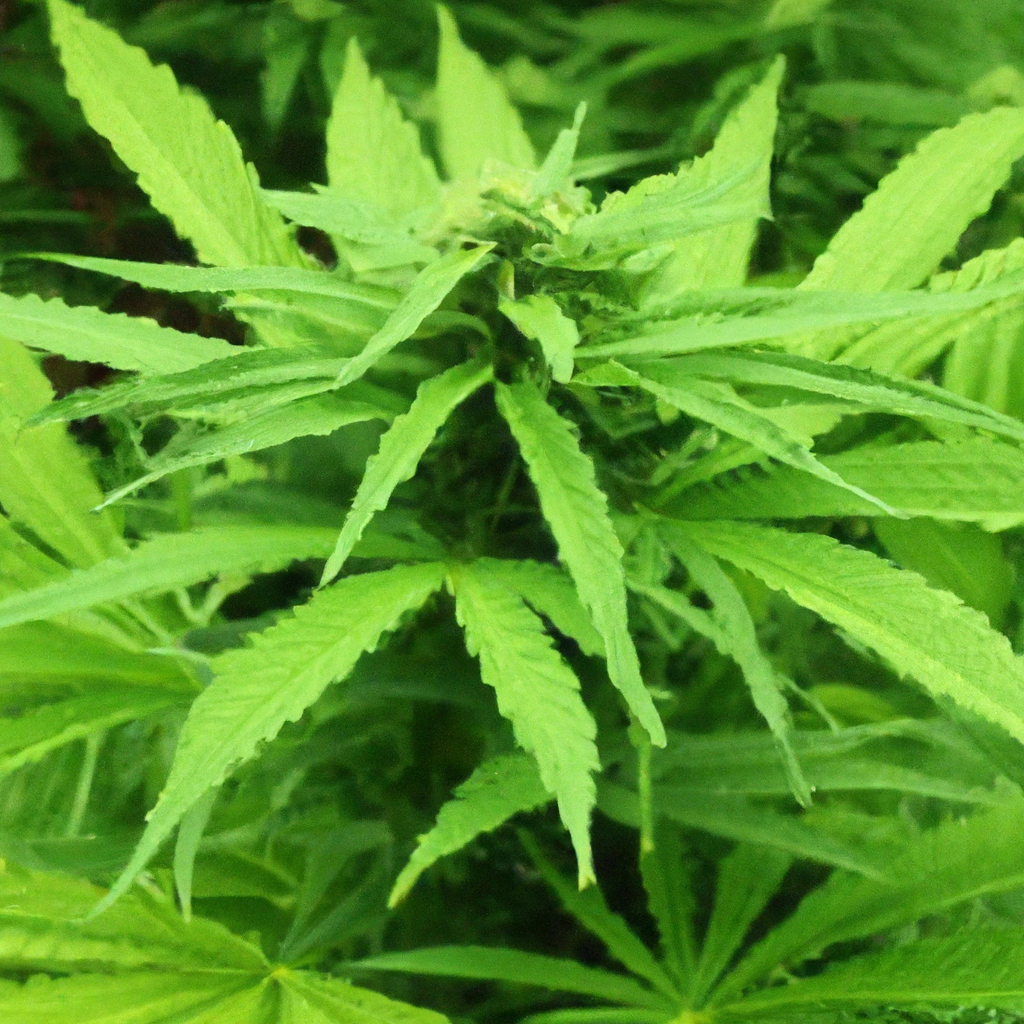Your cart is currently empty!
Embracing organic cannabis cultivation not only promotes environmental sustainability but also enhances the quality of the final product. By using natural fertilizers, compost, and organic pest control methods, cultivators can build a healthy ecosystem that benefits both the grower and the consumer. In this blog post, we will explore the best practices for cultivating cannabis organically, with a focus on developing robust soil ecosystems, eliminating synthetic chemicals, and achieving a sustainable grow.
Building a Healthy Soil Ecosystem
The foundation of successful organic cannabis cultivation lies in robust soil health. Rich, living soil supports plant growth without the need for synthetic additives. Here’s how to nurture your soil ecosystem:
- Composting: Use kitchen scraps, yard waste, and other organic materials to create nutrient-rich compost for your soil.
- Mulching: Apply a layer of organic mulch around your plants to conserve moisture, suppress weeds, and introduce beneficial organisms to the soil.
- Beneficial Microbes: Incorporate beneficial bacteria and fungi to enhance soil health and promote nutrient absorption.
Natural Fertilizers for Optimal Growth
Refrain from synthetic fertilizers, opting instead for organic alternatives that feed not just the plants, but the soil as well:
- Manure Tea: Steep well-aged manure in water to create a nutrient-dense tea that can be applied directly to the soil.
- Fish Emulsion: Use fish byproducts to provide essential nutrients like nitrogen and phosphorus, which are crucial for plant growth.
- Bone Meal: This provides a steady supply of phosphorous, promoting root and flower development.
Organic Pest Control Methods
Keeping pests at bay without chemicals is vital in organic growing. Implement these pest management strategies:
- Companion Planting: Grow pest-repellent plants like marigolds or basil alongside your cannabis plants to deter insects naturally.
- Neem Oil: Apply neem oil as a natural pesticide that disrupts pest life cycles without harming the plant.
- Insecticidal Soap: Use this gentle spray to control soft-bodied insects like aphids and spider mites.
Benefits of Organic Cannabis Cultivation
Organic cannabis cultivation brings numerous advantages, impacting both environmental sustainability and consumer health:
- Environmental Impact: Reduces harmful runoff into water systems and promotes biodiversity.
- Consumer Confidence: Assures consumers of a product free from chemical residues, appealing to health-conscious buyers.
- Flavor and Aroma: Naturally cultivated cannabis often boasts a more robust terpene profile, enhancing its flavor and aroma.
Conclusion
By adopting organic practices in cannabis cultivation, growers contribute positively to the environment while producing a superior product. Through natural fertilization, nurturing soil ecosystems, and employing organic pest control, cultivators can achieve a thriving, sustainable grow that benefits everyone involved. Embrace organic cannabis cultivation as a forward-thinking approach to a greener future.
Discover more from Magic Clones
Subscribe to get the latest posts sent to your email.


Leave a Reply